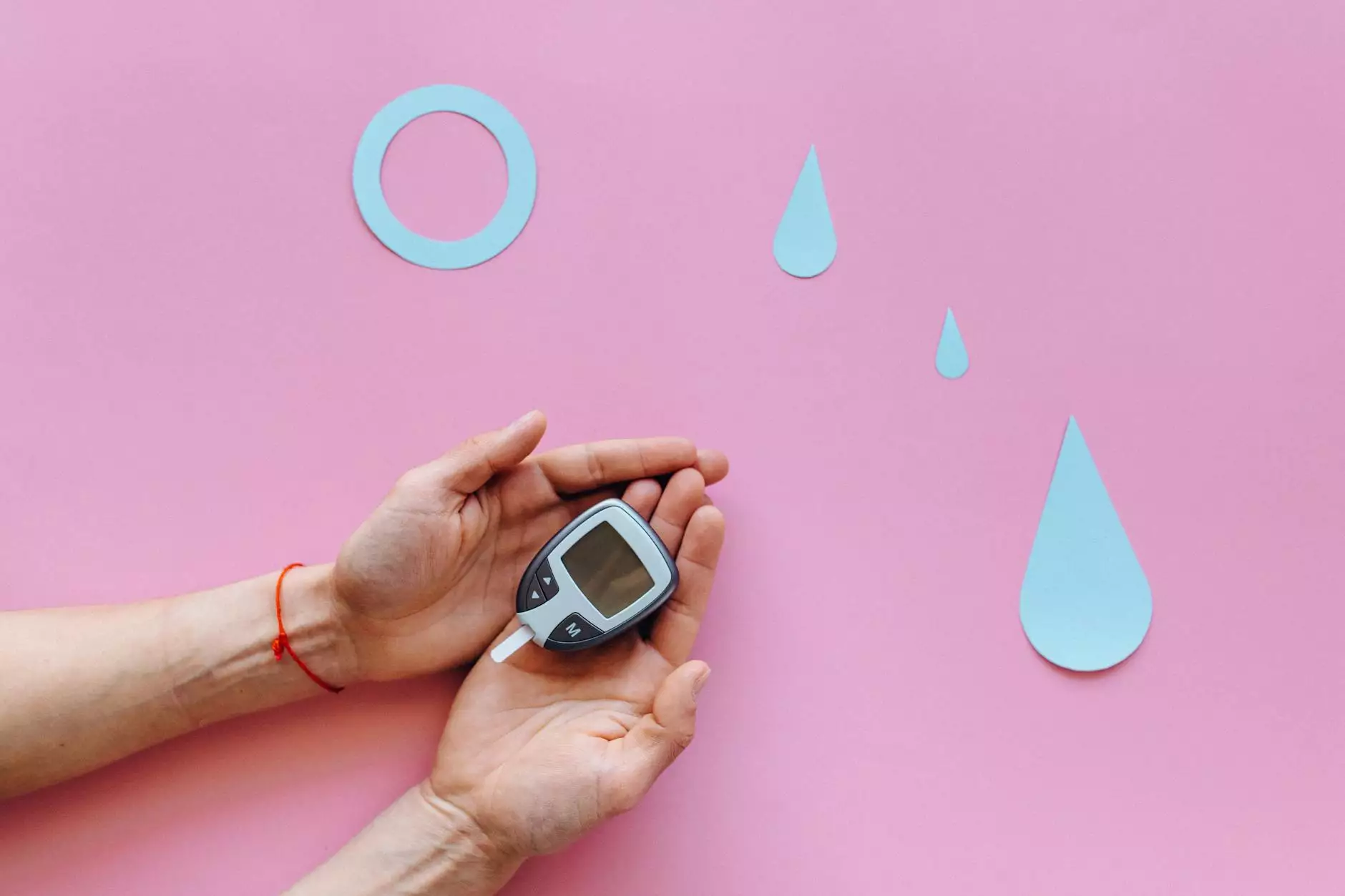Share the Love – Take Care of Yourself So You Can Care for ...

Introduction
Welcome to the Share the Love page of Grim Harley, MD's website. As a caregiver, you play a vital role in supporting and nurturing others. It's important to recognize that caring for yourself is just as crucial as caring for others. In this comprehensive guide, we'll explore the significance of self-care and provide valuable insights, tips, and strategies to help you maintain your well-being while fulfilling your caregiver responsibilities.
The Importance of Self-Care
Self-care is essential for caregivers as it enables you to recharge, rejuvenate, and maintain a healthy balance between your personal life and caregiving responsibilities. Many caregivers tend to neglect their own needs, primarily focusing on the well-being of their loved ones. However, by prioritizing self-care, you can enhance your overall health, reduce stress, and prevent burnout.
Physical Self-Care
Physical self-care involves nurturing your body to ensure optimal health and well-being. It includes activities such as regular exercise, maintaining a balanced diet, getting enough sleep, and engaging in relaxation techniques. By taking care of your physical health, you can boost your energy levels, reduce the risk of physical ailments, and improve your body's resilience to stress.
Emotional Self-Care
Emotional self-care focuses on managing and expressing your emotions in healthy ways. As a caregiver, it's common to experience a wide range of emotions, including stress, guilt, and sadness. It's important to acknowledge and address these emotions, seeking support when needed. Engaging in activities that bring you joy, practicing mindfulness, and maintaining a positive mindset can contribute to your emotional well-being.
Psychological Self-Care
Psychological self-care involves nurturing your mental well-being. It includes activities such as engaging in hobbies, pursuing personal interests, practicing relaxation techniques, and seeking professional support when necessary. By dedicating time to activities that stimulate your mind and provide a sense of fulfillment, you can enhance your psychological resilience and prevent caregiver fatigue.
Social Self-Care
Social self-care revolves around maintaining healthy relationships and connections with others. It's important to nurture your social well-being by engaging in positive social interactions, spending time with loved ones, and seeking support from your network. Connecting with others who share similar experiences can provide a sense of belonging and understanding.
Tips for Practicing Self-Care
Implementing self-care practices in your daily routine can have a profound impact on your overall well-being. Here are some helpful tips to incorporate self-care into your life:
1. Prioritize Your Needs
Recognize that your needs are important and deserve attention. Make a conscious effort to prioritize activities and practices that contribute to your well-being.
2. Establish Boundaries
Set clear boundaries between your caregiving responsibilities and personal life. Learn to say no when necessary and delegate tasks to others to avoid feeling overwhelmed.
3. Engage in Relaxation Techniques
Explore various relaxation techniques such as deep breathing exercises, yoga, meditation, or engaging in activities that help you unwind and relax.
4. Seek Support
Reach out to support groups, online forums, or professional counselors who specialize in caregiver support. Sharing your experiences and concerns with others can provide valuable insights and emotional support.
5. Take Breaks
Allow yourself regular breaks from caregiving duties. Use this time to engage in activities you enjoy, spend time with loved ones, or simply relax and recharge.
6. Stay Active
Engage in regular physical activity that suits your abilities and preferences. Exercise not only benefits your physical health but also improves your mental well-being and reduces stress.
7. Practice Mindfulness
Cultivate mindfulness by bringing your attention to the present moment. This practice can help reduce stress, increase self-awareness, and enhance your overall well-being.
Conclusion
Taking care of yourself is a vital aspect of being an effective caregiver. By implementing self-care strategies into your daily routine, you can maintain your well-being, prevent burnout, and continue to provide the best care for your loved ones. Remember, self-care is not selfish but rather a necessary investment in your overall health and happiness.




